The singer-songwriter reflects on the creation of her No 1 single with a lyric that was suggested as a joke
In 2001 and 2002, Daniel Bedingfield landed a string of hit singles and a multi-platinum album with Gotta Get Through This, but a few years later his sister Natasha followed in his footsteps and went on to even greater things. Buoyed by hit singles These Words and Single, her debut album Unwritten topped the UK charts and cemented the West Sussex singer and songwriter as one of the most important and distinct female voices of her generation.
Natasha has now sold over 10 million albums and 10 million singles, was nominated for a Grammy Award for Best Female Pop Vocal Performance and received multiple Brit Awards nominations for Best British Female Artist. She has also collaborated with a wide range of artists during her illustrious career, including Paul McCartney, Nikki Minaj, Bruno Mars, Big Sean, Rascal Flatts, Stevie Wonder, Lil Wayne, Brandy, Sheryl Crow, Sean Kingston and Jon Bon Jovi.
We were able to catch up with Natasha and find out how she wrote her second single, which reached Top 40s worldwide and topped the charts in both Ireland and the United Kingdom…

Released: 16 August 2004
Artist: Natasha Bedingfield
Label: Phonogenic
Songwriters: Natasha Bedingfield, Steve Kipner, Andrew Frampton, Wayne Wilkins
Producers: Steve Kipner, Andrew Frampton, Wayne Wilkins
UK chart position: 1
US chart position: 17
“The funny thing with hit songs, sometimes you’ll spend all day writing a song, labouring over it, and then you’re like, ‘Oh let’s just write another song,’ and that next one only takes 15 minutes, and sometimes it’s that easier song that has a flow. But you wouldn’t have written it unless you’d spent all day putting the homework in.
“With These Words, Steve Kipner and Wayne Wilkins – he’s a Londoner from India – made these beats and we were sitting around writing, trying to think of how to say, ‘I love you,’ in an original way, and we were really feeling stuck because it’s not easy. There’s an obsession with songwriting to try and say something that’s never been said before, but that everyone says every day. We just couldn’t figure out the chorus, we were going on and on, and it was sounding overcomplicated. We were going, ‘I love you like… the water from the ocean, that goes out into a river, and goes out into the sea…’ It was ridiculous and the lyrics were kind of superfluous. Then, as a joke, and in frustration, I was just like, ‘What about [sings] I-love-you-I-love-you-I-love-you?’ And they were like, ‘That’s it, that it! Wait, wait, say that again, that was amazing!’ Interestingly, if I hadn’t been with them, I would’ve just thrown that idea away, because I was just joking. And that is what’s fun about collaborating – you can just bounce off each other and people will pick up on stuff that you would’ve let slide. And it really is hard to pick sometimes.
“I love that you can hide a lot of meanings in a song, with symbolism, and you can write about someone else, or it could be about you. I like the ambiguity, I like the fact that music can have a feeling about it, that can be more powerful than words, and you can get away with saying a lot more in a song than you would in real life.
“I’m a really big lyric writer – it’s always been very important to me – and I think sometimes people don’t listen to lyrics as much as I think they do, and I probably care a bit too much about it. Even when I listen to someone else’s song, I don’t really focus on the lyrics, but for me, I’ve always been meticulous and check in with myself about making sure it feels like something that I would say and is very true to me.
“I usually write about 11-16 pages for every song, or even more. Lyrics come very easy but choosing them is hard. What I’ve found is it’s best not to edit yourself until later. Because if you edit as you go, sometimes you miss things. One other songwriting technique that is really funny, and fun, and maybe unique, I’m not sure, is I often get really filthy when I’m writing – real potty humour, explicit stuff! What I’ve realised is that it’s like you’re bypassing your own superego and letting that little cheeky child part of you roam free. In doing that, you release ideas and take away the rules and the things that make you feel proper, and it lets ideas flow that you wouldn’t have let flow, normally. Then the ‘parent you’ comes in and can be, ‘Right, let’s make some order out of this.
“I was really lucky because going in there [to make the first album] I was writing with some big songwriters already, so that was something I felt very comfortable with. Songwriters are just such fun people and are very aware of themselves, and it just feels like you’re hanging out and working at the same time, so it’s so fun.”

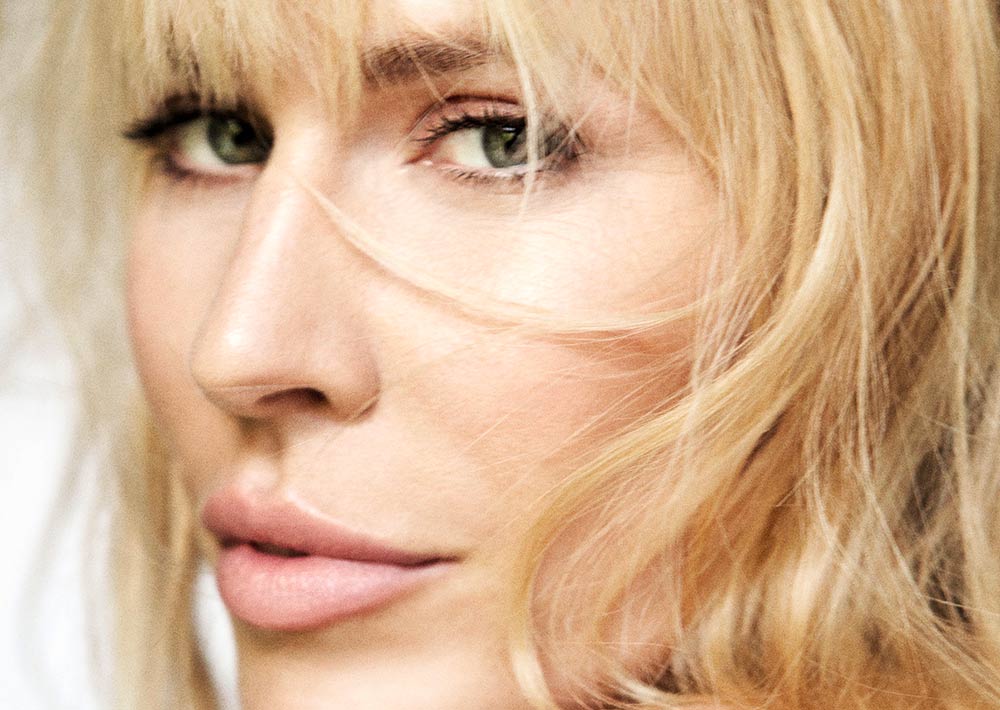




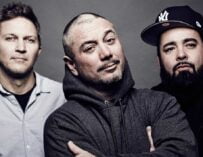
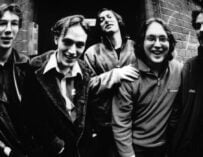




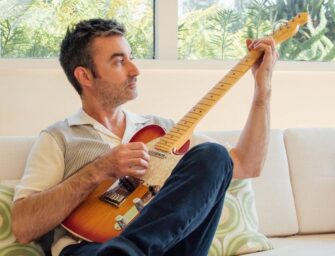
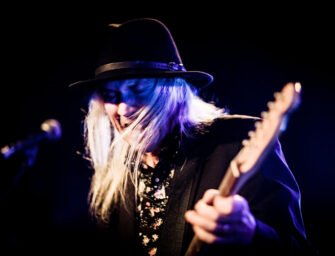
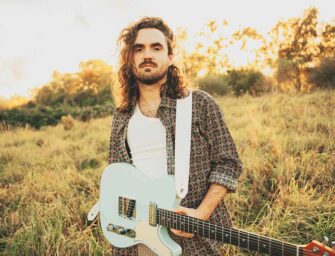



















Related Articles